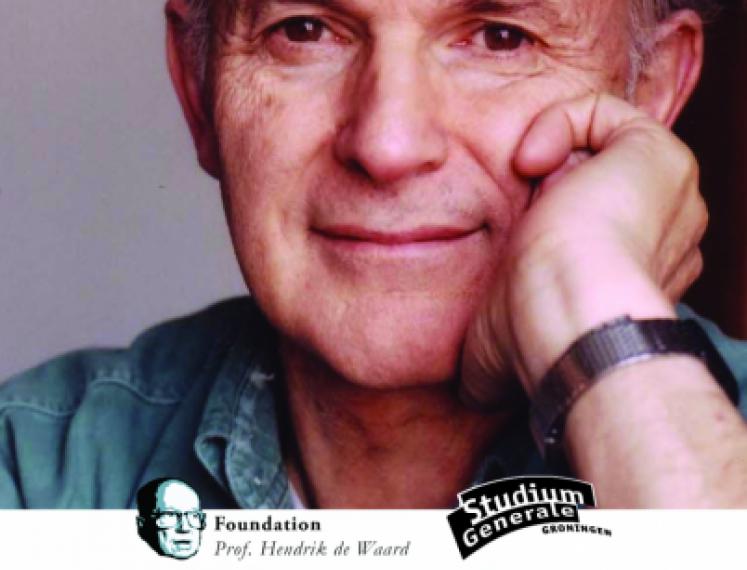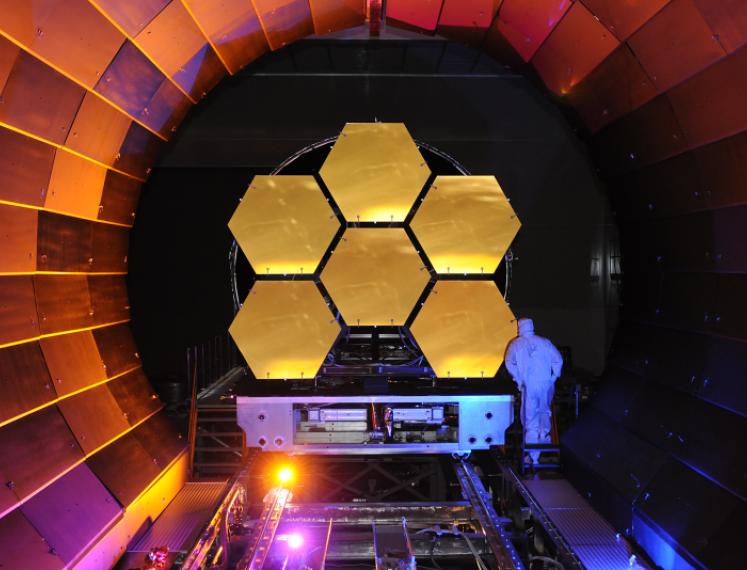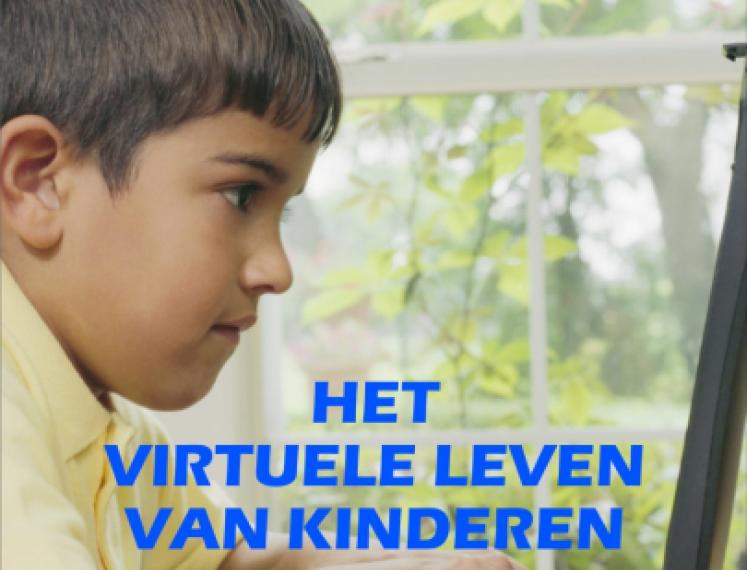Science, Lost in Translation?
You have to speak the language to understand a culture, and the struggle to develop the language of science proved to be unnaturally difficult. Science was born around the 16th century out of Natural Philosophy, a new philosophical approach which required evidence for the validation of all claims without exception. Natural Philosophy was the only philosophical construct to determine truth with any degree of reliability. From the birth of this philosophy, it has created conflict with those who claimed authority on the basis of unverified dogma.
The very usefulness of the application of scientific advances, specifically technology, has obscured the fact that science, or natural philosophy, is actually a very cultural and intellectual activity. As so few people are mathematically literate there is not so much real understanding of what science is or how scientific advances are made. This is dangerous as this illiteracy applies to many politicians and administrators who have responsibility for making socio-economic decisions involving scientific and technological matters.
There is only one hope. This resides in a massive global educational offensive to improve the general level of knowledge. Although knowledge cannot guarantee good decisions, wisdom is an unlikely consequence of ignorance.
Sir Harold Kroto is one of the co-recipients of the 1996 Nobel Prize in Chemistry. He is a Fellow of the Royal Society of London and served as president of the Royal Society of Chemistry from 2002 to 2004. Since 2004, Kroto is a Francis Eppes Professor in the Department of Chemistry and Biochemistry at Florida State University. He has received numerous awards and holds honorary degrees from academic institutions around the world. Kroto's Nobel Prize was based on his co-discovery of buckminsterfullerene, a form of pure carbon better known as ‘buckyballs’.
Hendrik de Waard Foundation
Sir Harold Kroto comes to Groningen on invitation of the Hendrik de Waard Foundation in cooperation with Studium Generale Groningen and Science LinX. The Hendrik de Waard Foundation was founded in 1987 after the retirement of the late Professor of physics Hendrik de Waard. The foundation organizes a public lecture annually, to inform and intrigue the general public about recent developments within science. For more information: www.hdw.fmf.nl or email to hdw@fmf.nl.






